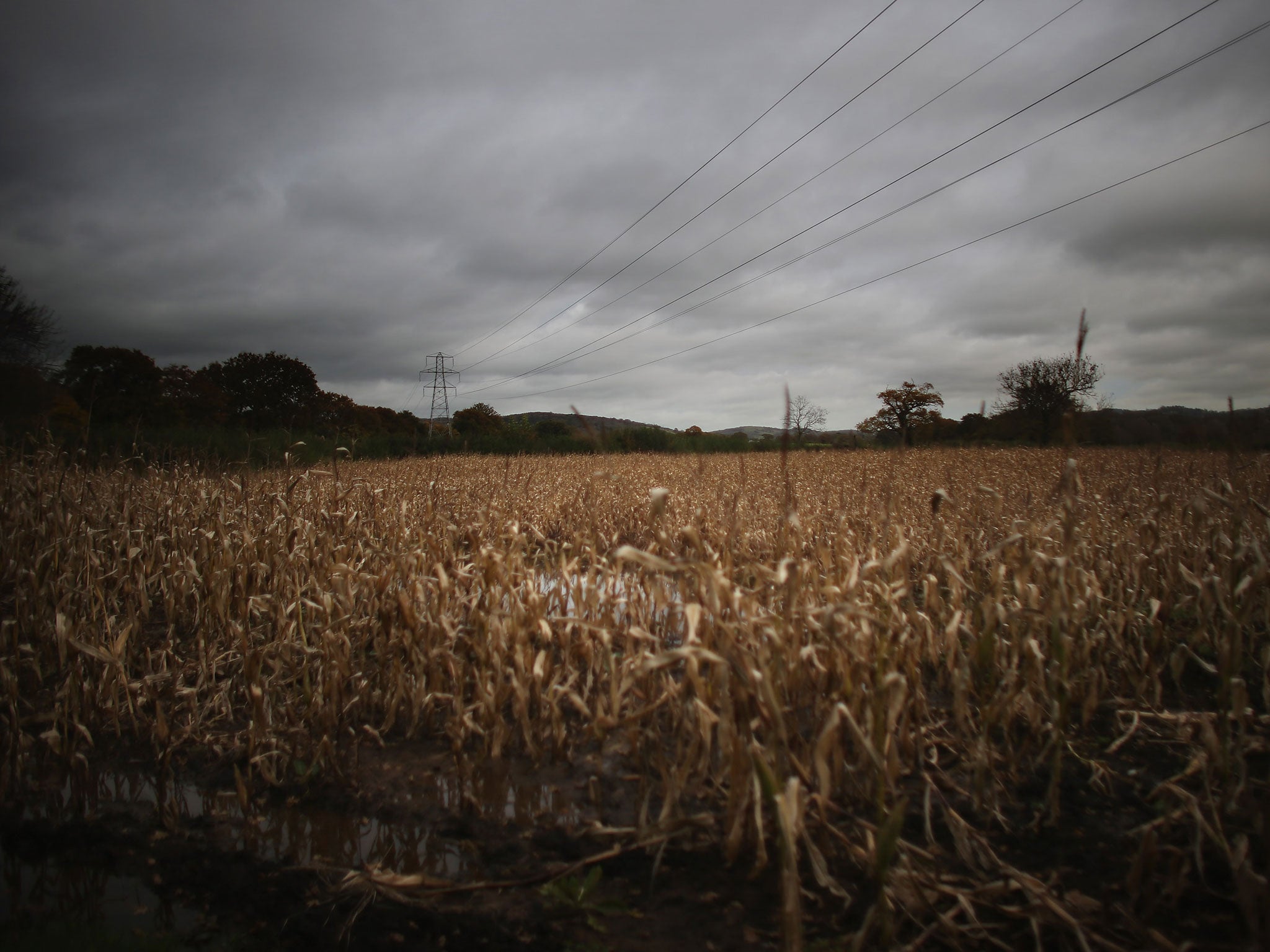Britain’s crops brace for invasion by hundreds of exotic pests and pathogens

Your support helps us to tell the story
From reproductive rights to climate change to Big Tech, The Independent is on the ground when the story is developing. Whether it's investigating the financials of Elon Musk's pro-Trump PAC or producing our latest documentary, 'The A Word', which shines a light on the American women fighting for reproductive rights, we know how important it is to parse out the facts from the messaging.
At such a critical moment in US history, we need reporters on the ground. Your donation allows us to keep sending journalists to speak to both sides of the story.
The Independent is trusted by Americans across the entire political spectrum. And unlike many other quality news outlets, we choose not to lock Americans out of our reporting and analysis with paywalls. We believe quality journalism should be available to everyone, paid for by those who can afford it.
Your support makes all the difference.Britain should expect “many hundreds” more pests and pathogens to invade the country in the coming years, endangering vast volumes of food production, the author of a new report has warned.
Crop-damaging pests such as fungi, beetles and moths are moving into new territories at a rate of up to 7 kilometres a year, according to research.
An accelerating global trade in crops is transporting pests around the world in ever larger numbers while climate change is allowing them to prosper in previously inhospitable locations. This is putting the world’s already-stretched food supplies under even greater strain, said the report, published in the journal Nature Climate Change.
Numerous new pests have already landed on UK shores and prospered in recent decades, in many cases aided by climate change, according to Daniel Bebber of Exeter University, who was lead author of the report.
Examples include Dutch Elm disease, caused by the Ophiostoma ulmi fungus that is carried by the bark beetle – with both species operating more effectively under warmer conditions – and ash dieback, caused by the Chalara fraxinea fungus.
With climate change set to continue, more insects, fungi, bacteria and viruses are likely to follow, Mr Bebber said.
The Colorado potato beetle is a particular cause for concern, Mr Bebber said. Warming appears to have allowed it to move from Russia through Scandinavia where the cold winters would normally knock the beetle back. There is “very much a danger” that it could invade the UK, he said.
In some cases, the warming climate will drive pests away, but these cases are likely to be rarer, he said.
“It’s a serious issue. If a new fungus evolves in the UK that can’t be controlled, farmers could lose thousands of hectares of production,” said Mr Bebber, adding that an influx of new pests could greatly increase the volume of pesticides used. This could have significant side-effects, for example by potentially harming bee populations, he said.
Join our commenting forum
Join thought-provoking conversations, follow other Independent readers and see their replies
Comments